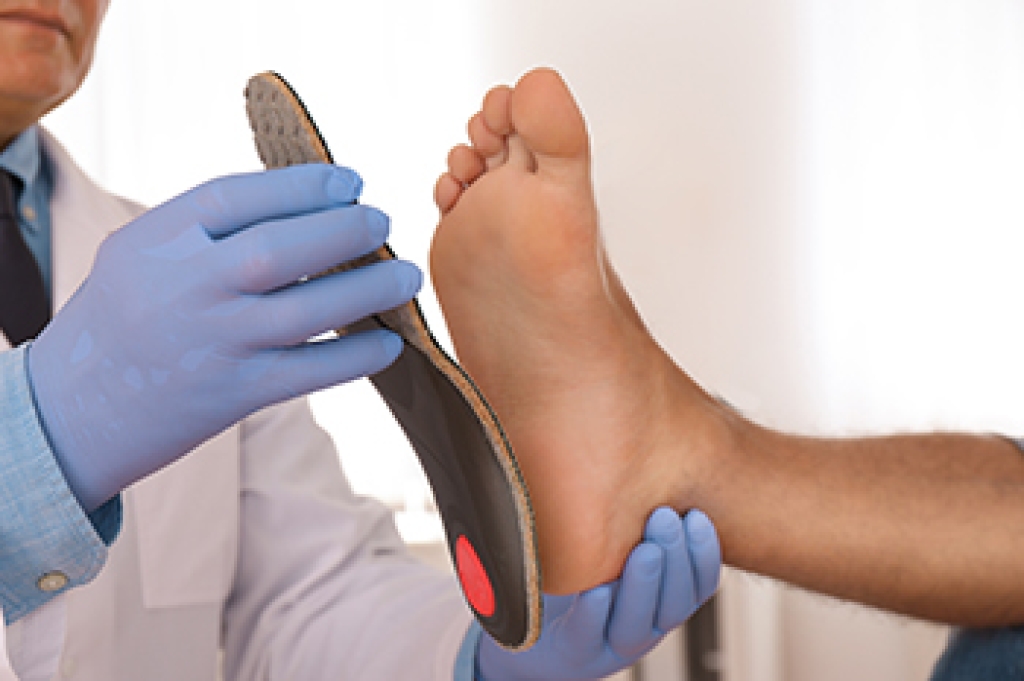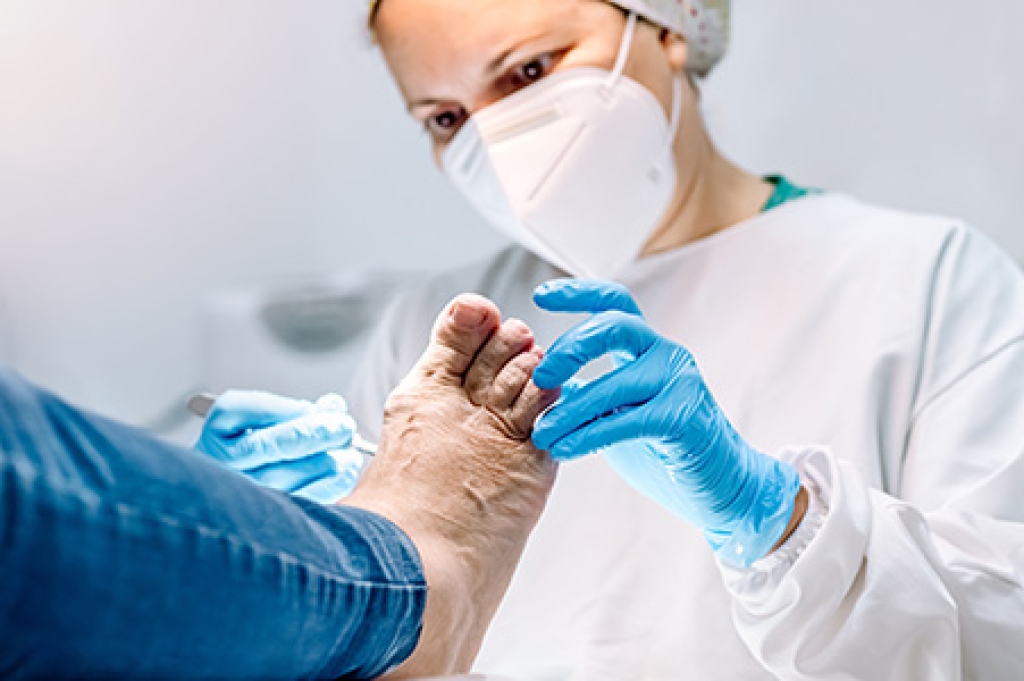
Foot orthotics are custom or prefabricated medical devices placed inside shoes to support alignment, improve function, and relieve pressure. They are commonly used to treat conditions like corns, foot ulcers, tendonitis, and recurrent ankle sprains by redistributing weight and stabilizing movement. Functional foot orthotics are designed to control abnormal motion and improve biomechanics, while prefabricated devices offer general support and convenience. Pressure relief orthotics are created to reduce high stress areas and protect vulnerable skin, especially for patients at risk of ulcers. These devices are carefully designed based on foot structure, gait analysis, and specific medical needs. A podiatrist can evaluate your condition and prescribe the most effective orthotic solution. If you have a foot condition, it is suggested that you consult a podiatrist who can discuss the benefits of orthotics with you.
If you are having discomfort in your feet and would like to try orthotics, contact Anas Khoury, DPM from North Eastern Foot & Ankle Specialists. Our doctor can provide the care you need to keep you pain-free and on your feet.
What Are Orthotics?
Orthotics are inserts you can place into your shoes to help with a variety of foot problems such as flat feet or foot pain. Orthotics provide relief and comfort for minor foot and heel pain but can’t correct serious biomechanical problems in your feet.
Over-the-Counter Inserts
Orthotics come in a wide variety of over-the-counter inserts that are used to treat foot pain, heel pain, and minor problems. For example, arch supports can be inserted into your shoes to help correct overarched or flat feet, while gel insoles are often used because they provide comfort and relief from foot and heel pain by alleviating pressure.
Prescription Orthotics
If over-the-counter inserts don’t work for you or if you have a more severe foot concern, it is possible to have your podiatrist prescribe custom orthotics. These high-quality inserts are designed to treat problems such as abnormal motion, plantar fasciitis, and severe forms of heel pain. They can even be used to help patients suffering from diabetes by treating foot ulcers and painful calluses and are usually molded to your feet individually, which allows them to provide full support and comfort.
If you are experiencing minor to severe foot or heel pain, it’s recommended to speak with your podiatrist about the possibilities of using orthotics. A podiatrist can determine which type of orthotic is right for you and allow you to take the first steps towards being pain-free.
If you have any questions, please feel free to contact our office located in Passaic, NJ . We offer the newest diagnostic and treatment technologies for all your foot care needs.




